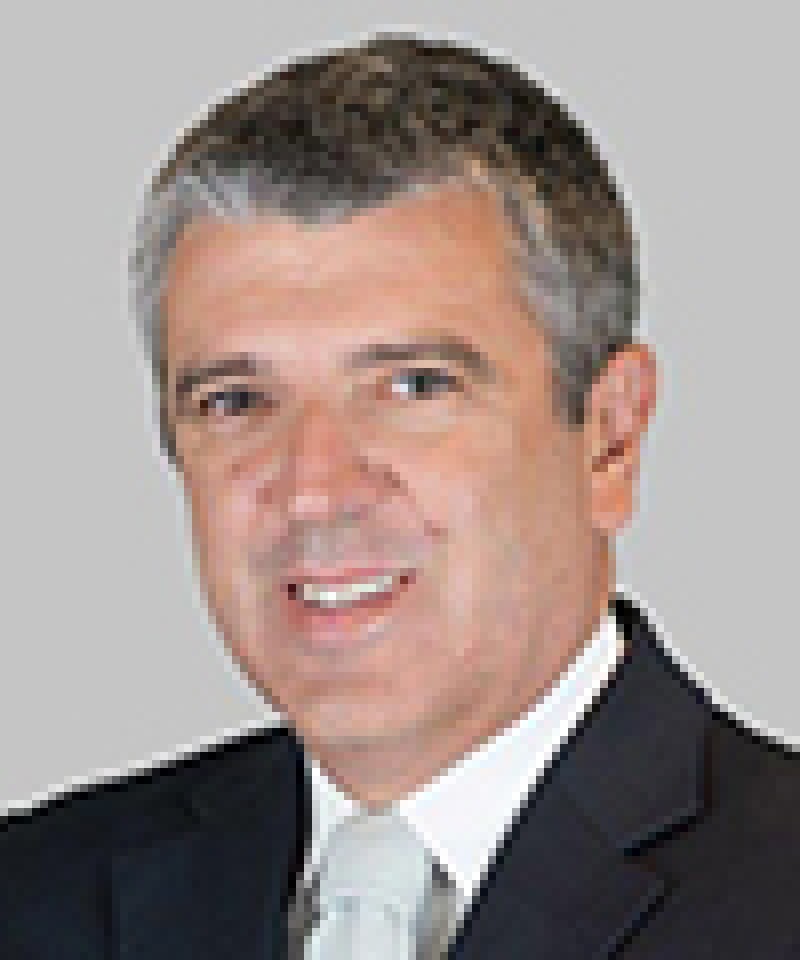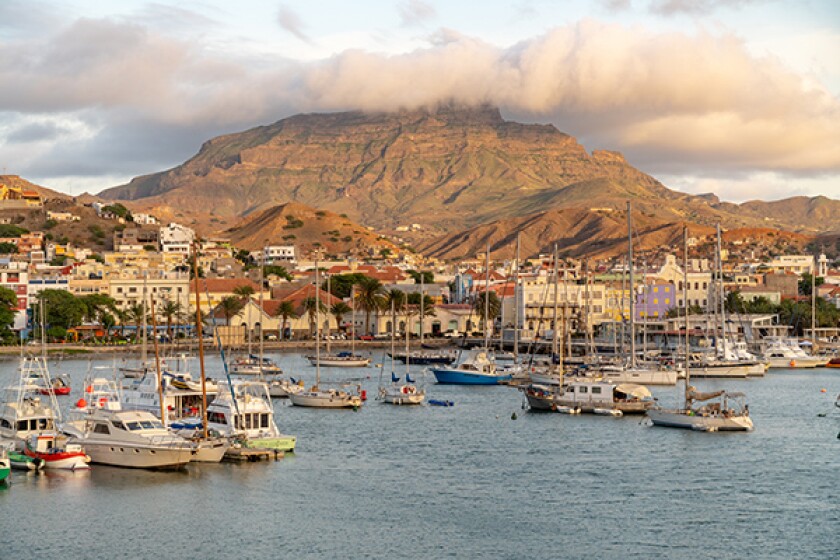Small island state, with a small economy, lack of natural resources other than the energy and creativity of its people, persistent droughts, geographic fragmentation of the territory, high cost of inter-island transportation and predominantly service-based economy, highly vulnerability to external shocks, are often the features to describe Cabo Verde.
The natural barriers and inescapable costs and inefficiencies, however, along with the political stability, public administration standards and tourism, also represent the great potential of the country in terms of investments, which have been the road of success of the country. In fact, over the past 46 years, Cabo Verde has been able to leverage its political stability and credibility to attract international support and investors and evidenced an impressive overall socio-economic development, driven mainly by public investment in infrastructures and the rapid development of tourism, which represents 25% of the country’s GDP, with minor contributions from the remain sectors of the economy.
Yet, the lack of resources and an unsustainable public spending and state debt gives no room for other option than a less state-dependent economy. With this in mind, the Cabo Verdean government launched an ambitious reform agenda to overcome the country’s challenges, set forth in the Strategic Plan for Sustainable Development (‘PEDS’ using the Portuguese acronym) – which establishes development targets for the period 2017–2021 and further lays down the foundations for a longer-term vision for Cabo Verde’s sustainable development for the period 2018–2030, prioritising public-private partnerships.
This strategy, in alignment with the 2030 Agenda for Sustainable Development and with the United Nation’s Sustainable Development Goals (SDGs), takes into account the country’s main comparative advantages: geo-economic and geopolitical location in the mid-Atlantic, massive exclusive economic zone, the stability and free access to several markets, tourism and human resources as drivers to position the country as a ‘Hub in the mid-Atlantic’.
The PEDS was finally gaining pace, when the Covid-19 outbreak severely hit the country.
The closure of borders and lockdowns and other Covid-19 pandemic containment measures stopped the tourism and transport activities and significantly affected the overall economy performance, leading the country to the largest economic contraction on record (estimated to have contracted 14.8% in 2020 and the second largest in Sub-Saharan Africa, according to Cabo Verde’s latest economic update published by the World Bank) and job loss in the country’s history, as well as a considerable deterioration of public finances.
The ongoing state-owned enterprise (SOE) reforms to reduce the high levels of public sector debt – including the transport sector restructuring aimed at reducing regional asymmetries and improve connectivity to markets, initiated with privatisation of 51% of TACV, the national airline company (one of the largest loss-making SOE), concluded in March 2019, grounded since March 2020, afterwards reverted in July 2021 – was delayed and put at risk the government’s plans to use Cabo Verde’s central location in the South Atlantic as a hub for intercontinental air traffic for passengers and freight in all countries bordering the Atlantic.
Measures were swiftly implemented by the Cabo Verde government to contain and mitigate impact of the pandemic and tackle the amplified social vulnerabilities, including the granting of moratorium on taxes and bank loans, new lines of credits and guarantees to small businesses, and more than ever, building long-term resilience and sustainable path to the country’s upper-middle-income status is underscored.
With almost 70% of the eligible population (≥ 18 years of age) fully vaccinated and with the resumption of tourism activities, there is a need to implement the strategic agenda of the sustainable development of Cabo Verde known as the ‘Ambition 2030’, built on the earlier PEDS, which seeks to achieve economic diversification beyond the tourism sector to reduce vulnerability to exogenous economic shocks.
The road ahead
Although tourism, as the main engine of the economy, continues to be the sector that attracts the highest volume of investment, accounting for 80% of more than €1 billion approved investment projects in 2020 (which confirms the investors’ confidence in Cabo Verde despite pandemic uncertainties), the development of sustainable tourism must be the catalyst for development of other economy sectors.
The diversification inside the tourism sector, including the products offered, tourist markets, destinations, operators, infrastructures and promoting of the linkages between tourism with the blue economy, transport and logistics, industrial and digital economy, domestic production in agriculture, fisheries, and light manufacturing, as well as domestic suppliers to hotels chains, are thus set as the essential objectives to tackle the development challenges.
To achieve such goals, the implementation of structural reforms to reduce the cost of production factors, to improve the efficiency of SOEs and public administration, enabling business environment and improved transport and electricity infrastructure, the privatisation and concessions of SOEs, including the privatisation of the electricity and water company ELECTRA and ground handling aviation services (CV Handling) as well as the granting of concessions for port (ENAPOR) and airport (ASA) activities, halted in 2020, are to be sustained. A solution for the national airline company is also due to be pursed in the outcoming months in order to resume the plans to set the country as a hub for intercontinental air traffic.
The energy transition plan aimed at reducing the country’s reliance on imports fossils and the implementation of strategy with the objective of reaching 54% of total energy requirements supplied by renewable sources by 2030 (26% of which already achieved through the development of a mix of wind and solar plants, with an installed production capacity of 34 MW) laid down in the 2018–2040 Master Plan for the electricity sector is also expected to regain pace. This strategy foresees a phased implementation schedule for achieving a total capacity of 251 MW, plus more than 620 MW of storage capacity and the installation of more than 150 MW of new solar PV projects and more than 60 MW of new wind farms across the country by 2030.
Procurement processes for an independent power producer to design, engineer, construct, commission, finance, own, operate and maintain wind and solar plants are currently being negotiated. New procurement contracts, financed by the World Bank, are expected to be launched for four small-scale power plants installation, new transmission and distribution lines to connect the power plants to the grid, as well as for the supply and installation of battery storage facilities, which represents opportunities for investors/private companies to export equipment, technology and to provide technical assistance, and for the development of a renewable energy market.
Investments in the digital economy
Investments in the digital economy, considered as crucial for the achievements of the broader objectives set out in the PEDS for sectors like health, education, transportation as well as an effective accelerator in the tourism sector and to transform the country into a mid-Atlantic technology hub, are being carried out.
To achieve the vision of a hub, the country is investing in (i) connectivity – by adding additional fiber optic cables providing internet services; (ii) capacity development, including technical literacy and digital skills as well legal and regulatory environment for a digital economy; and (iii) two data centres, in Praia and Mindelo, currently under construction, which will provide additional infrastructure that will cater to the new initiatives of Cabo Verde as a digital hub, which also represents great opportunities to investors to export technology, material and provide technical assistance.
Maritime platform
The transformation of the country into a ‘maritime platform’ for the supply and provision of services to freighters, cruise ships, and other vessels is also a key priority, in order to take advantage of country’s strategic location in relation to shipping routes and proximity to international markets. The exploitation of the vast maritime resources, as well as in export-oriented industries, culture and creative industries, international health platform and transformation of agriculture are also portrayed as paramount to reduce the country’s vulnerability to exogenous economic shocks.
Investment projects in health, environment, creative industry, tourism or tourism promotion industry and tourism property development, air and sea transportation services and port and airport services, renewable energy production, manufacturing and installation of renewable energy equipment, scientific research and investigation, and information and communication technology development, as well as projects that qualify a ‘Project of Distinguished Merit’ are thus, welcome and embraced and may enjoy of 30% tax credit, while investments in other sectors may have tax credit equal to 20%.
Investments exceeding approximately €27.207.183,00 (or 50% of this amount in case of investments located in a municipal area, which average GDP per capita is lower than the national average) and create a minimum of 20 qualified jobs, that promote and boost the Cabo Verdean economy, may also benefit from special contractual tax incentives. Tax incentives are also available for investment in foreign trade zones such as the International Business Centre and special maritime economic zone of São Vicente.
To circumvent the difficult access to financing, especially foreign direct investment, Cabo Verde is also undertaking proactive measures in exploring alternative sources, having recently announce the establishment of the world’s first sustainable financing platform dedicated to the blue, green and social economy, which shall not only serve the domestic level, but also the sub-region.
After mapping out the route on the opportunities to follow, all that remains now is to continue to pursue and welcome the much-needed investment partners.
Click here to read all the chapters from IFLR's Africa Market Makers 2021

Paulo Trindade Costa
Partner
Vieira de Almeida
T: +351 21 311 3516
E: ptc@vda.pt
Paulo Trindade Costa is a partner of the M&A practice area, where he has been involved in several transactions, in Portugal and international markets, namely in mergers and acquisitions, restructurings and corporate finance transactions.
Paulo has advised several clients in sectors such as telecommunications, industry, retail, real estate, energy, banking and construction.
Paulo has a law degree from Lusíada University (Lisbon).

Sumila Santos
Senior international adviser
SSA Advogados
T: +238 357 98 66
Sumila Santos is a senior international adviser and heads SSA Advodgados, the exclusive member of the VdA Legal Partners network in Cabo Verde.
Sumila has led several transactions including in connection with corporate matters, legal audits, foreign investment, energy, real estate and public procurement. She advises multiple clients across the Industry, energy and natural resources, IT, communication and technology, and tourism sectors.
Sumila has a post-graduate degree in tax law from the IDEFF of the Lisbon University.




